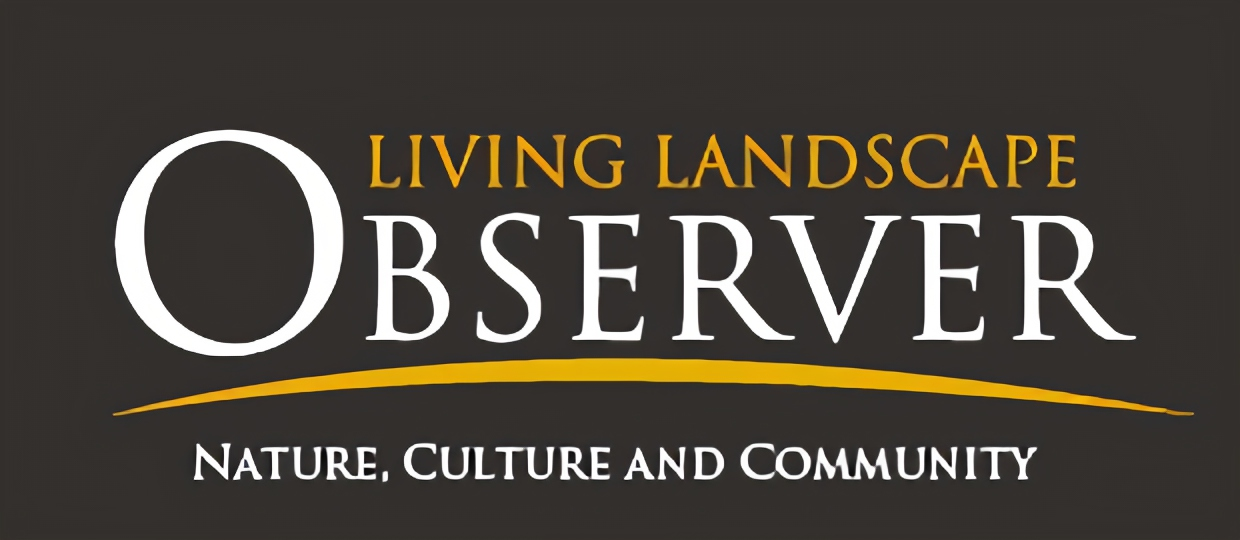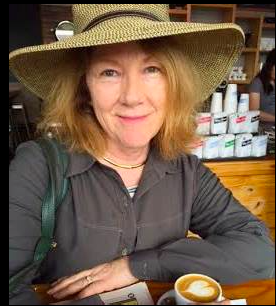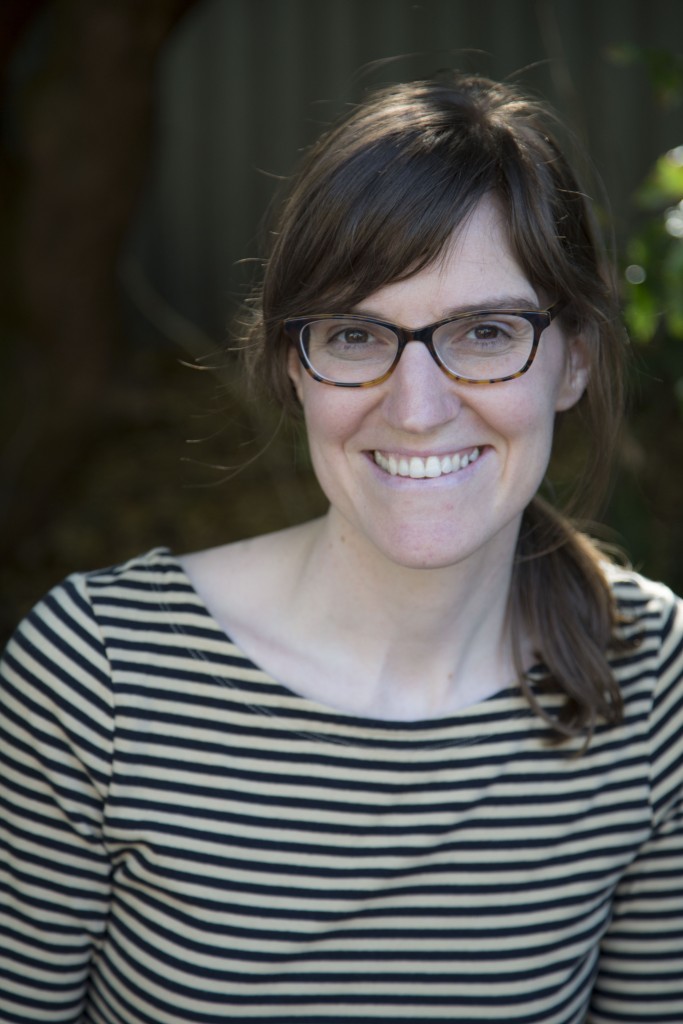by Katie Rispoli
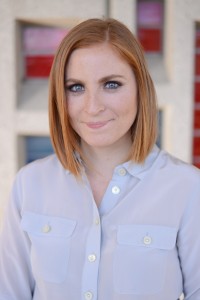
As a graduate student in Heritage Conservation at the University of Southern California, I was fortunate to be selected as a Preservation Advocacy Scholar and attend the Preservation Action Conference in Washington, D.C. this March. My visit to DC allowed me to understand the greater dynamic of historic preservation funding and policy, and to make connections with my local representatives. Through these connections I was able to share my work at We Are the Next, a nonprofit organization I founded in 2014 and continue to operate full-time. The organization serves Los Angeles County.
We Are the Next embodies what I believe to be the future of historic preservation. The organization was founded to broaden the understanding that our historic built environment is one of many non-renewable resources. Our goal is to educate youth about the environmental benefit that lies in historic resources and build an identity with those resources so that when they mature and become developers, city employees, real estate agents, and even homeowners, they consider reusing the resources that confront them as opposed to jumping to demolition as a first and only option.
I have seen that we are too often ‘preaching to the choir’ in preservation. Our advocacy groups hold mixers for preservation circles and even their workshops can be intimidating to the layman. Preservation in my region has not been relatable for our youngest residents, and that is what I want to change.
In reality, the foundation for our work has already been laid. Public schools, private schools, and households teach children about recycling and environmental conservation. And just as there is environmental conservation, we know there is heritage conservation. In my experience, children who have been taught about recycling are able to understand that just as you can recycle bottles, you can recycle buildings through adaptive reuse – and that is how we are hoping to change the future of historic preservation.
The notion that historic resources contain embodied energy is irrefutable, but it can also be difficult to understand and complicated to explain to children. As a consequence, one of the most convincing arguments for conserving our heritage has been left out of the discussion with our youngest residents. Bringing the environmental benefit, a key concern in today’s (and tomorrow’s) society, to the forefront of cultural heritage with youth can regenerate the conversation on a grander scale.
‘The Next’ aims to work with kids across Los Angeles County to teach them about the cultural and environmental benefits that lie within their own neighborhoods. We are preparing to conduct workshops in the form of after-school, weekend, and summer programming in partnership with other community and historic preservation partners.
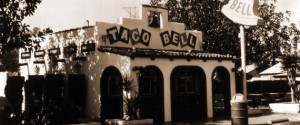
In an effort to ensure the children we work with do not forget our message, we are also working with the cities they live in to continue the legacy of their historic resources. All across Los Angeles County, cities with high-minority and low-income populations have been losing their heritage. These cities, which have a high proportion of vernacular architecture, have been losing neighborhoods and main streets to big-box shopping centers and spreading gentrification. These cities are lower in population than some of their neighbors and operate on much smaller budgets. Very few of these cities are Certified Local Governments or have any landmarks in their jurisdiction at the local, state, or national levels. Because these cities operate with less financial resources, the concept of developing a Historic Preservation or Adaptive Reuse Ordinance and maintaining a planning staff with preservation credentials seems daunting.
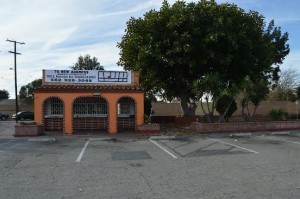
We Are the Next is operating as a consultant in order to provide these cities with a feasible resource. We are working with cities to help them find affordability in historic preservation performing construction management, forming community development and strategic plans, writing ordinances, and providing historic preservation planning services so that these smaller cities can afford to bring both historic landmarks and the corresponding environmental sustainability to their residents.
In Washington, I was able to discuss these ideas with preservation advocates and professionals from across the country with resounding support. While in DC, I visited Capitol Hill where I was able to secure a meeting with a staffer to one of the Congressman who represents a significant portion of Los Angeles County, and was given high support for our organization’s activities. Though the Congressman whose office I visited has not expressed consistent support for historic preservation, he is an advocate of environmental health and sustainability. I was able to share with his adviser the connection between these two interests as well as demonstrations of some of our recent projects. She was very interested and appeared convinced that historic preservation should be an interest of the Congressman since it is parallel to environmental health.
Our focus on youth, relatability, and environment has brought abundant support for the organization. Since we were founded nine months ago I have sought out potential partners and we have been approached to develop additional alliances with like-minded groups across the county. We are beginning programming with local schools and educational organizations, and have been contracted by cities for construction management services. Though we are still very small, this organization has been able to see some success in its first year and I am honored to say it is showing promise moving forward.
We Are the Next – “And So Are You.”
Learn more – www.wearethenext.org | facebook.com | @next_nonprofit
Katie Rispoli is a current graduate student in the Master of Heritage Conservation program in the University of Southern California School of Architecture, and will graduate in May of 2015. She is passionate about environmental health, cultural heritage, and youth education through preservation. Katie works in Preservation in South Los Angeles County as the Director of We Are the Next, a nonprofit organization. When not working or in school, Katie enjoys splitting her time between exploring both the city and the great outdoors.
